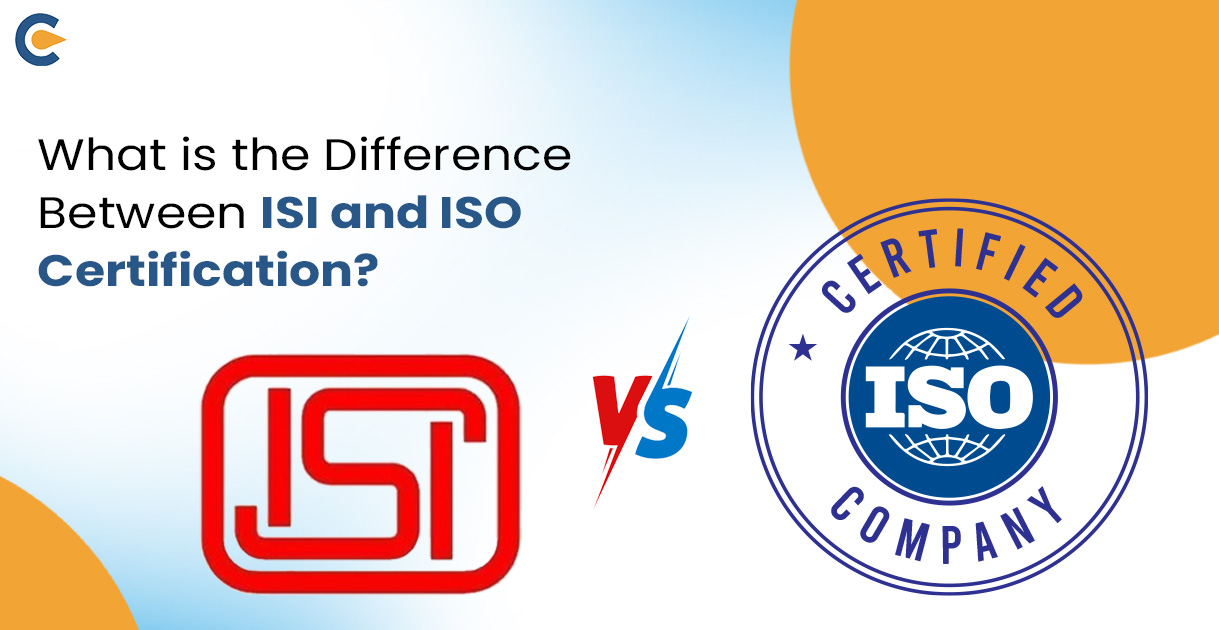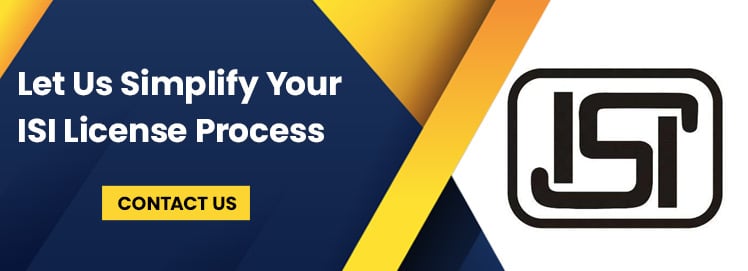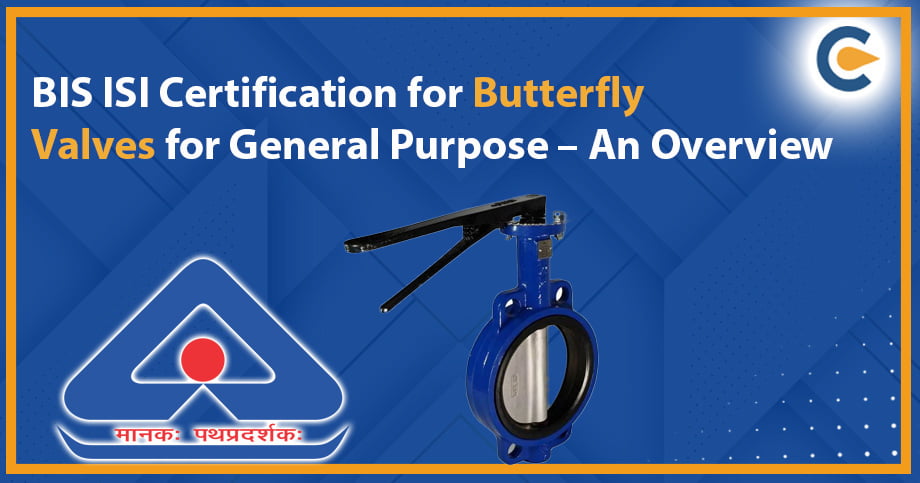In terms of standardization and quality control, the Indian Standardization Institute (ISI) and the International Organization for Standardization (ISO) are essential. By guaranteeing that goods and services fulfil international standards, ISO certification promotes customer confidence worldwide, facilitates trade, and increases efficiency. However, the BIS’s ISI mark, which certifies adherence to national quality and safety requirements, only applies to goods marketed in India. ISI certification is exclusive to the standards established by the BIS for items moving within India, whereas ISO certification concentrates on global benchmarks applicable across diverse industries and nations. Both certifications work to maintain safety and quality standards, but they do so at different levels and for separate markets—the domestic and international ones, respectively.
What is an ISI Certification?
The Indian Standardization Institute was established in 2016 by the Bureau of Indian Standards under the Consumer Affairs Department to ensure that the product quality sold in the market meets the required quality measures. It came into force on October 12, 2017, and since then, it has ensured that the product quality in the Indian market complies with the BIS standards.
What is an ISO Certification?
The International Organization for Standardization (ISO) is a global non-governmental body that is composed of national standardization units. It is responsible for setting various commercial and industrial standards to be maintained around the globe without fail to promote better manufacturing of products that are customer-friendly and excellent in quality. A total of 167 member countries are associated with ISO as of 2022, with headquarters in Geneva, Switzerland.
Differences Between ISI and ISO Certification
Although these organizations have the same objective, there are specific differences between ISI and ISO Certification. A few differences between ISI and ISO Certification are as follows:
1. The differences between ISI and ISO certification are based on the territory covered.
ISI certification is required for the goods that are sold, and it guarantees the product and service quality in the territory of India, while ISO certification makes sure that the product and service quality is optimum across the globe.
2. The differences between ISI and ISO certification are based on their validity period.
ISI certification is generally valid for one year, while ISO Certification is valid for a longer period of about three years, depending on the type of certification opted for by the applicant.
3. The differences between ISI and ISO certification are based on governing bodies.
ISI certification/ ISI mark can be obtained by getting a BIS ISI License through the Bureau of Indian Standards (BIS), while there is no such body to give ISO Certification. It is granted by some external bodies, which is why a company/organization/entity cannot get an ISO Certification.
4. Differences between ISI and ISO certification based on the Organizational Requirement
One of the key differences between ISI and ISO certification is that an ISI certification is mainly required by the manufacturing units of the products that come under it while an ISO certification can be applied to a manufacturing industry, a service company, and even governmental bodies.
5. Differences between ISI and ISO certification based on time taken for approval
Getting a BIS ISI License is considerably more accessible in India, while to get an ISO certification, the applicant needs time and compliance with many International Standards.
6. Differences between ISI and ISO Certification based on Business formation opportunities
The ISI certification helps the applicants to set up their business in India while the ISO certification is responsible for setting up business internationally.
7. Differences between ISI and ISO Certification based on Product Coverage
BIS ISI License or the ISI certification is applicable for a limited product, while ISO certification is responsible for the quality management of businesses engaged in products or services.
Conclusion
In summary, although there are differences between ISI and ISO certification in purposes and purviews, ISI and ISO certifications both play crucial roles in guaranteeing the quality and safety of products. Global consumer trust is promoted, international trade is encouraged, competitiveness is increased, and ISO certification offers a worldwide recognized standard.
In the meantime, ISI certification is exclusive to goods that are sold in India and guarantees that they meet the country’s safety and quality requirements, boosting customer confidence in the home market. Notwithstanding their distinctions, both certifications make a substantial contribution to the overarching objectives of quality assurance and standardization, which eventually help economies, enterprises, and consumers all around the world. Having both an ISI and an ISO certification can indicate a company’s dedication to quality, open up new markets, and promote long-term success in an increasingly interconnected world as enterprises operate in more worldwide markets.
Corpbiz can help the applicants get the desired certification in an easy and fast way since we have so much experience in dealing with certifications for our clients. Getting an ISO Certification can be trickier than getting an ISI Certification and the applicant might need the help of the experts, this is where our team can be helpful to you.
Frequently Asked Questions
What is the product differentiation in ISI and ISO Certification?
Certain products need to be ISI-certified in India, especially those that deal with health, safety, and the environment. Before being sold in the Indian market, these products must have ISI certification from businesses. Conversely, ISO certification is optional and not required.
How is ISI Certification beneficial for consumers?
An ISI Certification is a mark of the safety and security of the product, which signifies that the product is of good quality for use. Consumers build trust by looking at the certification and assessing the quality of the product, thereby reducing disputes and increasing sales for the sellers.
When was ISO founded?
ISO was founded in the year 1947
Which organizations require ISI and ISO certifications?
ISI certification is mainly required by the manufacturing units of the products that come under it, while an ISO certification can be applied to a manufacturing industry, a service company, and even governmental bodies.
What are the benefits of obtaining ISI certification?
The benefits of obtaining ISI certification are that it helps maintain product quality, builds consumers' trust, reduces the chances of disputes, and gives the products credibility in the market.
Where are ISO's headquarters?
The headquarters of ISO are in Geneva, Switzerland.
How can a consumer identify a fake ISI Mark?
A consumer can identify a fake ISI Mark if it does not have a 7-digit BIS ISI License or its format doesn’t match with the standard format which is like this- CM/L-XXXXXXX.
What are the validity periods of ISI and ISO certification?
In general, an ISI Certification is valid for a period of 1 year while ISO Certification holds validity for a longer period of about 3 years based on the type of certification opted for by the applicant.
When did the concept of ISI Certification come to India?
The concept of ISI certification came to India in 2016; however, it came into force on October 12, 2017, under the Bureau of Indian Standards.
What is the Bureau of Indian Standards?
The Bureau of Indian Standards is a body that manages the product quality in the country and issues certain quality marks that assure the consumers about the quality adherence of the products. This body looks after all the manufacturers whether they are complying with the quality standards or not.













